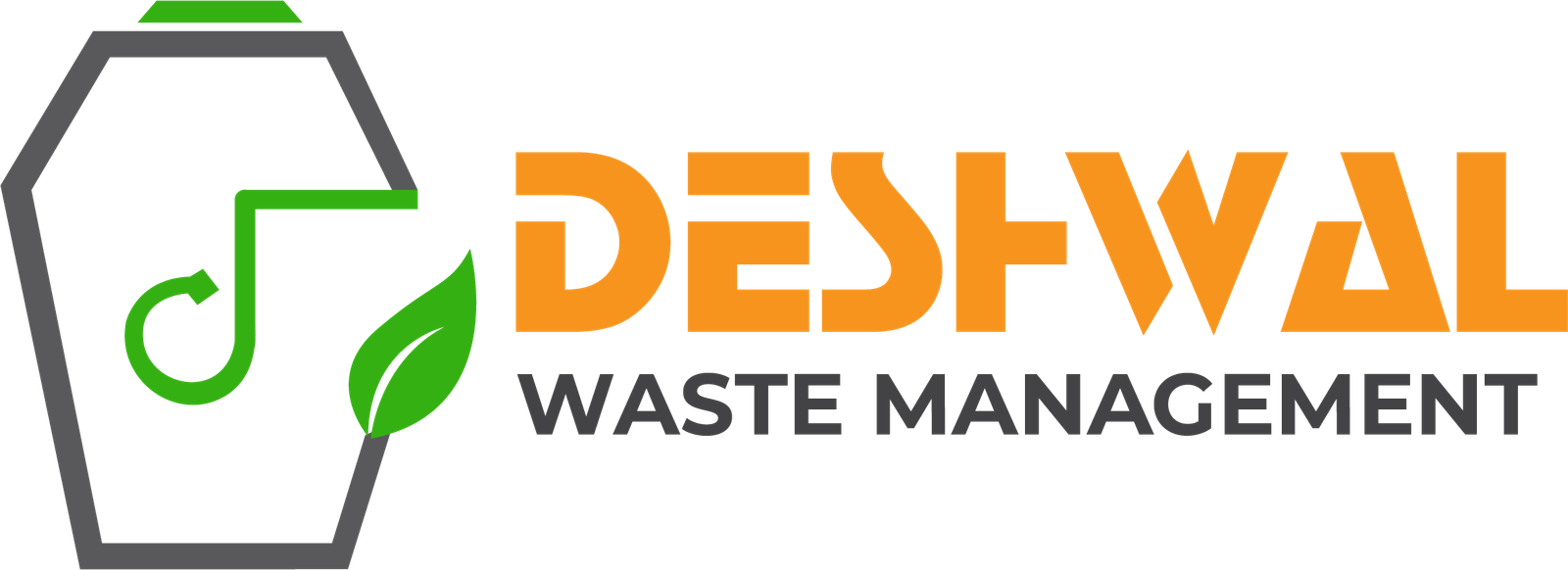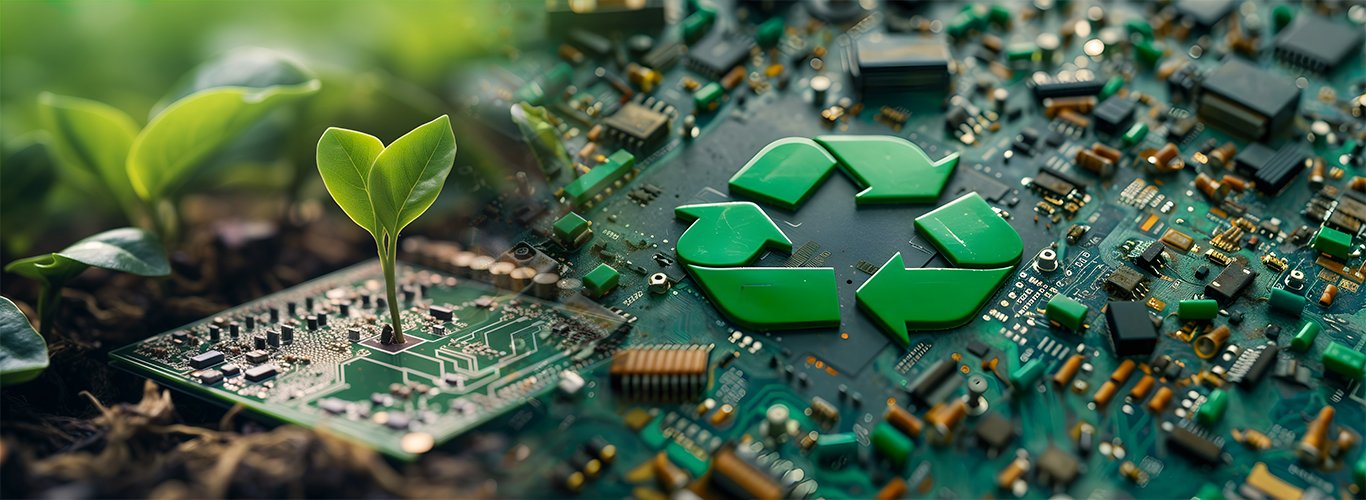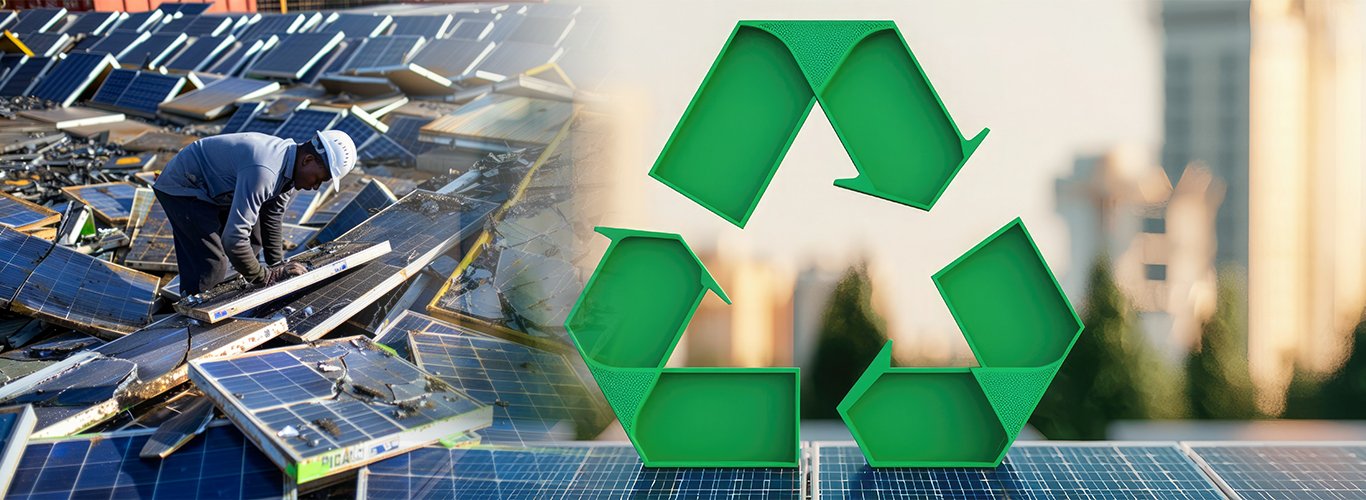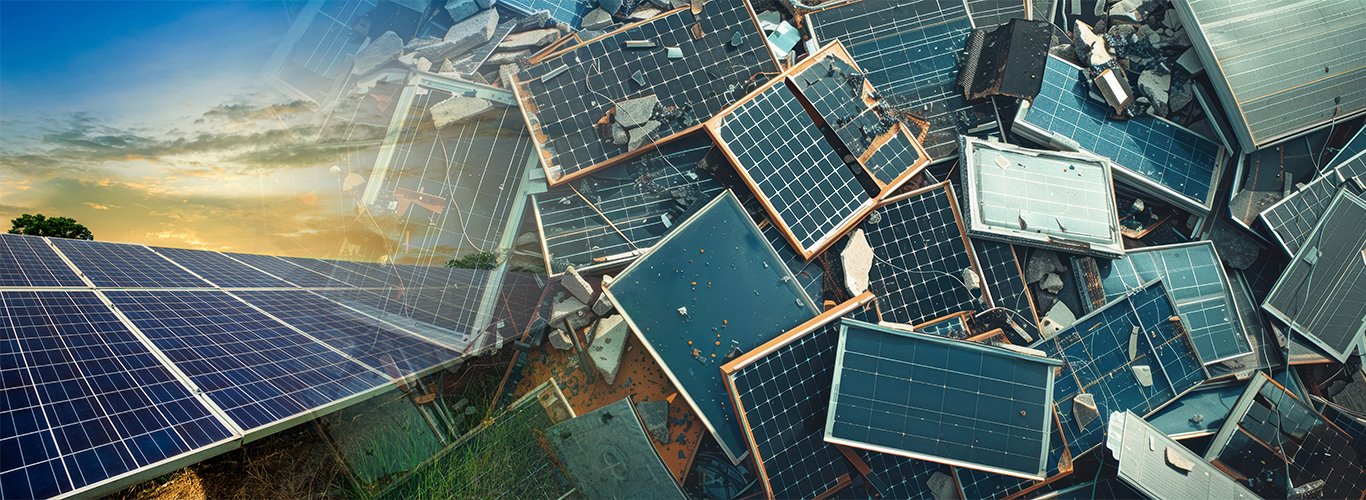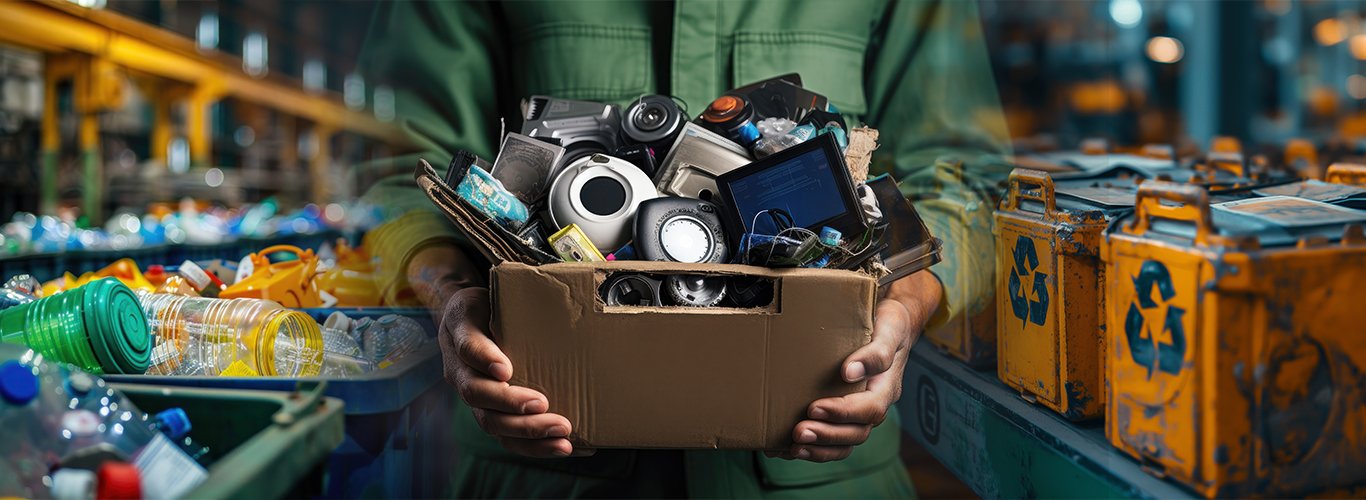
Spin Your Waste With Specialty Waste Management Services
Recycling is an important method of dealing with waste and the extent of the effects that discarded items have on the environment. Nonetheless, recycling does not always mean that the products to be recycled are the same since some of the products on the market are endowed with special waste management services because of their potential dangers. This blog will also assist you in identifying centers for separate types of recyclables, plastic waste, e-waste, and battery recycling with a specific aversion to Deshwal recycling, recognised as specific recyclers in the plastics, e-waste, and battery industries.
Why Specialty Waste Management Service is Important
Most of the products we use today are made from multilayered materials that cannot fit into the regular household bins for recycling. This includes gadgets like computers and phones, batteries, and plastics that are considered dangerous when not well disposed of. Such materials can be recycled by speciality waste management services, which are well suited for this task in a non-polluting manner and to great overall advantage.
Step 1: Identify the Material You Need to Recycle
The first measure is to establish which particular form of waste you are dealing with or want to dispose of. Here’s a look at some common types of items that often require speciality recycling:
- Plastic: However, there are certain types, such as PVC, plastic films, and many other packaging materials, that need special attention for recycling. A few are printed circuit boards in electronic goods, and they should not be mixed with other materials during collection for recycling.
- E-waste: Electronics are filled with precious metals, metals for which the world‘s supply is scarce, and things that may be dangerous to health. This would mean that the metals that are in the various electronic gadgets can be gotten back and used again and equally stop the dangerous ones from going into the landfill.
- Batteries: Lithium-ion and lead-acid batteries, for instance, comprise some metals that are considered harmful in case they are discharged into the environment. Battery recycling centres recover these materials and hence lessen the pressure on mining activities.
Step 2: Search for Specialty Recyclers
For recycling to be truly effective, it’s essential to find a centre that specialises in the type of material you have. Here are some steps to take when looking for a speciality recycler:
a. Look for Local Government Resources
Many municipalities have websites with resources for finding recycling facilities in your area. Check your local government’s waste management or recycling program website, which often includes a directory of speciality recyclers.
b. Use Recycling Databases
There are numerous online databases and directories that can help you locate recyclers for specific types of waste. Websites like Earth911 offer searchable directories that help you find recycling centres by material and location.
c. Contact a Specialty Recycler directly—Deshwal for Plastic, E-Waste, and Batteries
If you’re recycling plastic, e-waste, or batteries, consider contacting Deshwal, a reputable recycler that specialises in these materials. Deshwal provides environmentally responsible recycling solutions for complex and hazardous items. Here’s how they can help:
- Plastic Recycling: Deshwal accepts various types of plastic and has processes in place to recycle them effectively, preventing plastic pollution and conserving resources.
- E-Waste Recycling: From old phones and laptops to printers and appliances, Deshwal’s e-waste recycling program focuses on safely recovering valuable metals and responsibly handling hazardous materials.
- Battery Recycling: Batteries, especially lithium-ion, can pose a fire risk and contain harmful chemicals. Deshwal’s battery recycling services ensure that these components are carefully dismantled and their materials reused.
Step 3: Ensure Safe Drop-Off or Pick-Up Options
When you’ve found the right waste management service, check if they offer drop-off locations or pick-up services. Some speciality recyclers, including Deshwal, may provide pickup options for large quantities of e-waste or batteries, which can be especially helpful for businesses looking to dispose of these materials in bulk.
Step 4: Confirm Their Recycling Certifications
To ensure that your materials are handled responsibly, verify that your chosen recycler is certified by recognised bodies. In many regions, certifications like R2 (Responsible Recycling) or e-Stewards indicate that waste management services adhere to high environmental and safety standards. Deshwal, for example, follows best practices in recycling to ensure safe and environmentally sound processing of plastics, e-waste, and batteries.
Advantages of Specialty Recycling with Deshwal
Therefore, by using principal recyclers like Deshwal, you are helping build the safer future we all long for. Here are some of the advantages:
- Environmental Protection: Speciality recyclers are handlers of recyclable materials which play a crucial role in minimising pollution by preventing the disposal of dangerous substances in landfills.
- Resource Conservation: Recycling e-waste and batteries saves metal waste that could otherwise be used to extract new metals from the earth.
- Community Responsibility: Proper recycling not only preserves the environment in such regions but also makes societies free from pollution.
Conclusion
Finding the right recycling centre for specific materials is essential for proper waste management and environmental sustainability. With specialised recyclers like Deshwal, you can responsibly dispose of challenging materials like plastics, e-waste, and batteries. Speciality recycling may require a bit of extra effort, but it’s worth it to ensure that your waste is handled in a way that benefits both people and the planet.
